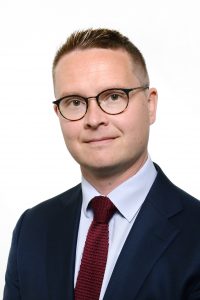
professor, director
Matti is a Professor of Information Systems Science at the Turku School of Economics. He holds a D.Sc. (Econ. & Bus. Adm.) from the University of Turku. He is also an Adjunct Professor (Title of Docent) of Information Systems at the University of Oulu.
He has published more than 100 peer-reviewed articles in outlets such as Information Systems Journal, International Journal of Information Management, Information Systems Frontiers, Technological Forecasting and Social Change, Journal of Systems and Software, Computers in Industry, Journal of Business Research, Computers in Human Behavior, Communications of AIS, and Internet Research, among others.
Matti’s current primary research activities fall into three areas: 1) AI governance and socially responsible AI, 2) individual-level technology use, particularly in the context of social media platforms and freemium services, and 3) dynamics of blockchain and cryptocurrency communities. He has led several industry-academia research projects and obtained significant competitive research funding.
Matti is a proponent of theoretical and methodological pluralism. He has conducted quantitative, qualitative, and mixed methods research. He started his research career with survey studies building theoretically on social psychology and focusing analytically on individuals, from where his methodological scope has expanded to qualitative research and organization-level phenomena.
TeACHING
My teaching activities revolve around my research themes. I teach both undergraduate and graduate level courses. I also give teaching in the executive education programs of Turku School of Economics. In addition, I supervise master’s theses and PhD students.
I am currently responsible for two courses in the curriculum of Turku School of Economics:
The undergraduate level course provides the fundamentals of management information systems. The course provides the student a basic understanding of information systems in organizational use and the key management issues related to information systems. In practice, the course focuses how businesses and organizations obtain, utilize, and manage information systems. The course comprises lectures, case assignment done in student teams and hands-on exercises with SAP ERP software.
The graduate level course deals with the theoretical and managerial issues related to digital economy and digital business. The purpose course is designed to help the students make sense of the economic and business implications of digitalization. The course is a combination of theory and contemporary themes in digital economy.

